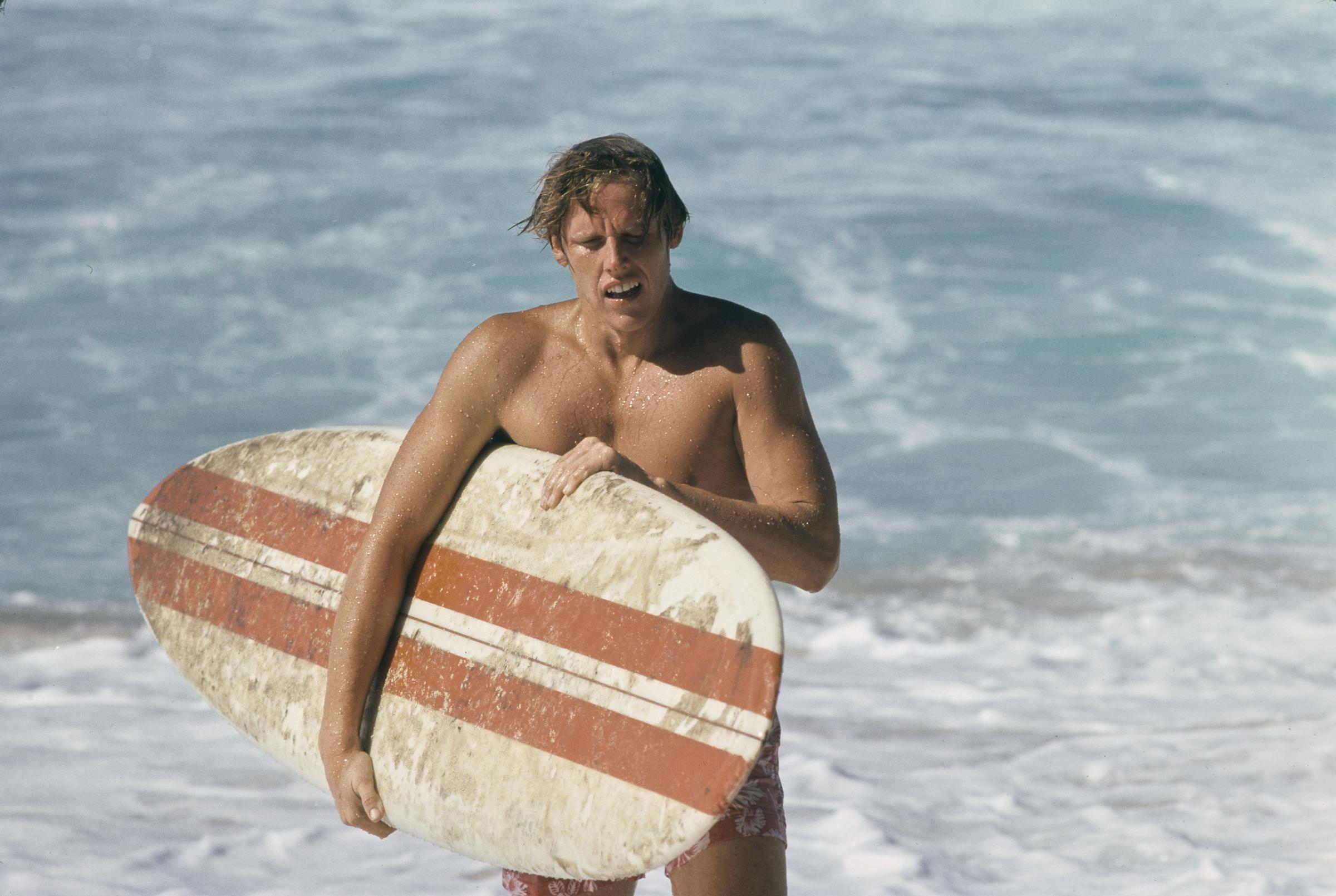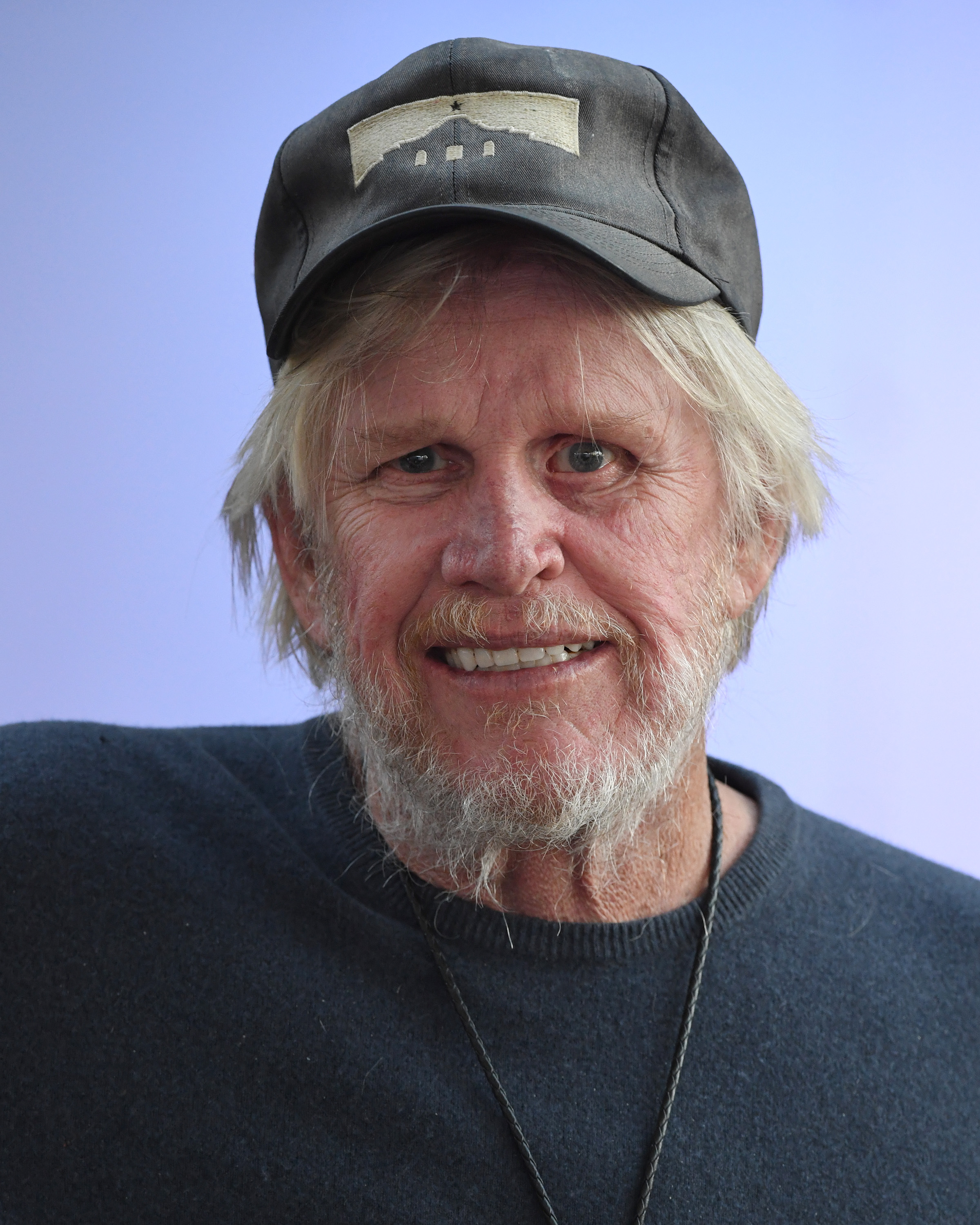From Screen Villain to Survivor
He once portrayed some of cinema’s most dangerous men, but no script could match the drama of his real life. At the peak of his fame, a violent motorcycle crash left him clinically d**d. Years later, a second life-thr**tening diagnosis tested everything he had fought to rebuild.
Fame can vanish in an instant, but life can too. One sharp turn on a Los Angeles street nearly ended both for this 1980s and early ’90s star. Audiences loved his intense, gritty performances, but reality would push his body, mind, and spirit to the edge.
Rising Star with an Edge
Before Hollywood called, he played drums for country legends like Leon Russell, Kris Kristofferson, and Willie Nelson. Music built his foundation, but film offered a bigger stage. By the early 1970s, he entered Hollywood, often cast as a gritty outsider or backwoods rebel.
His first film role came in 1971 as a biker in Angels Hard as They Come. In 1978, he achieved a breakthrough, portraying rock icon Buddy Holly in The Buddy Holly Story. Not only did he act, he sang and played guitar for every track.
This performance earned him an Academy Award nomination and marked him as one of Hollywood’s most dynamic new talents. He went on to star in cult classics like Big Wednesday, and by the late ’80s, he was known for high-intensity roles in Lethal Weapon, Predator 2, Point Break, and Under Siege.

The actor pictured during the filming of “Big Wednesday,” at Sunset Beach, on the north shore of Oahu (O’ahu), Hawaii, in September 1977 | Source: Getty Images
The Day Everything Changed
December 1988 marked a turning point. Riding his Harley-Davidson in Los Angeles, he hit a patch of sand on a sharp turn. The bike flipped, and he slammed into the pavement, landing on his head and back.
The cr*sh fractured his pelvis and split his skull. At Cedars-Sinai, doctors discovered a subdural hematoma—a severe brain ble*d. Surgeons reconstructed part of his skull using jaw bone. During surgery, he briefly d**d. Later, he would recall, “I passed away after brain surgery and went to the other side. And I came back.”
Crossing Over and Coming Back
The man was Oscar-nominated actor Gary Busey, famed for explosive, unpredictable roles. After his accident, he became known for a spiritual outlook shaped by his near-d**th experience. Busey described encountering glowing orbs and angelic beings. He said he had a choice: stay in that realm or return to life—and he chose to come back.
This rebirth gave him purpose. He coined “Buseyisms,” words with spiritual meaning. “Hope stands for Heavenly Offerings Prevail Eternally,” he explained. “Faith is Fantastic, Adventurous in Trusting Him.”
The brain injury also caused personality changes. He wandered hospital rooms, reorganizing patients’ belongings. His wife encouraged him to role-play as a doctor, helping him regain focus and structure.
The Long Road to Recovery
Recovery was grueling. Busey relearned basic skills with help from his son, Jake, and his wife. At times, he was wheelchair-bound, unresponsive, and unable to speak clearly. He struggled with impulsivity, emotional swings, and addiction, which led to multiple overdoses and rehab stints.
Despite setbacks, he slowly pieced life back together. His spiritual perspective helped him endure, and he publicly maintained optimism while privately wrestling with the long-term consequences of his injuries.

Gary Busey pictured at The Comedy Chateau on May 12, 2021 in North Hollywood, California | Source: Getty Images
A New Thr**t Emerges
In the mid-1990s, another crisis struck. While filming in Hawaii, Busey experienced a severe nosebleed. Back in California, doctors discovered a malignant sarcoma deep in his sinus cavity. The t*mor required a seven-hour surgery performed through his nose, followed by radiation. The treatment altered his facial appearance, which later required reconstructive surgery.
The experience reinforced a lesson he already knew: survival comes at a cost, and healing takes time.
Life Now: Lessons and Legacy
Today, at 81, Busey continues to thrive. In July 2025, he celebrated his birthday with a video captioned, “81 and still going strong.” While no longer a frequent screen presence, he remains active in entertainment with recent credits including Reggie: A Millennial Depression Comedy (2021), Holy Cash (2024), and The Gettysburg Address (2025).
Much of his stability stems from longtime partner Steffanie Sampson, a hypnotherapist and comedian, who has supported him through recovery and family life. Despite past health crises and addiction struggles, Busey stays publicly engaged, sharing spiritual insights and embracing life’s mystery.
Beneath the eccentric public persona lies a survivor—someone who faced d**th twice and continues to live with purpose, humor, and devotion to his “destiny.”